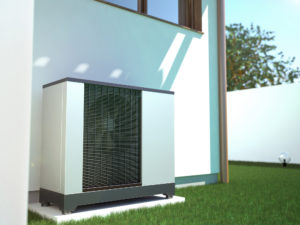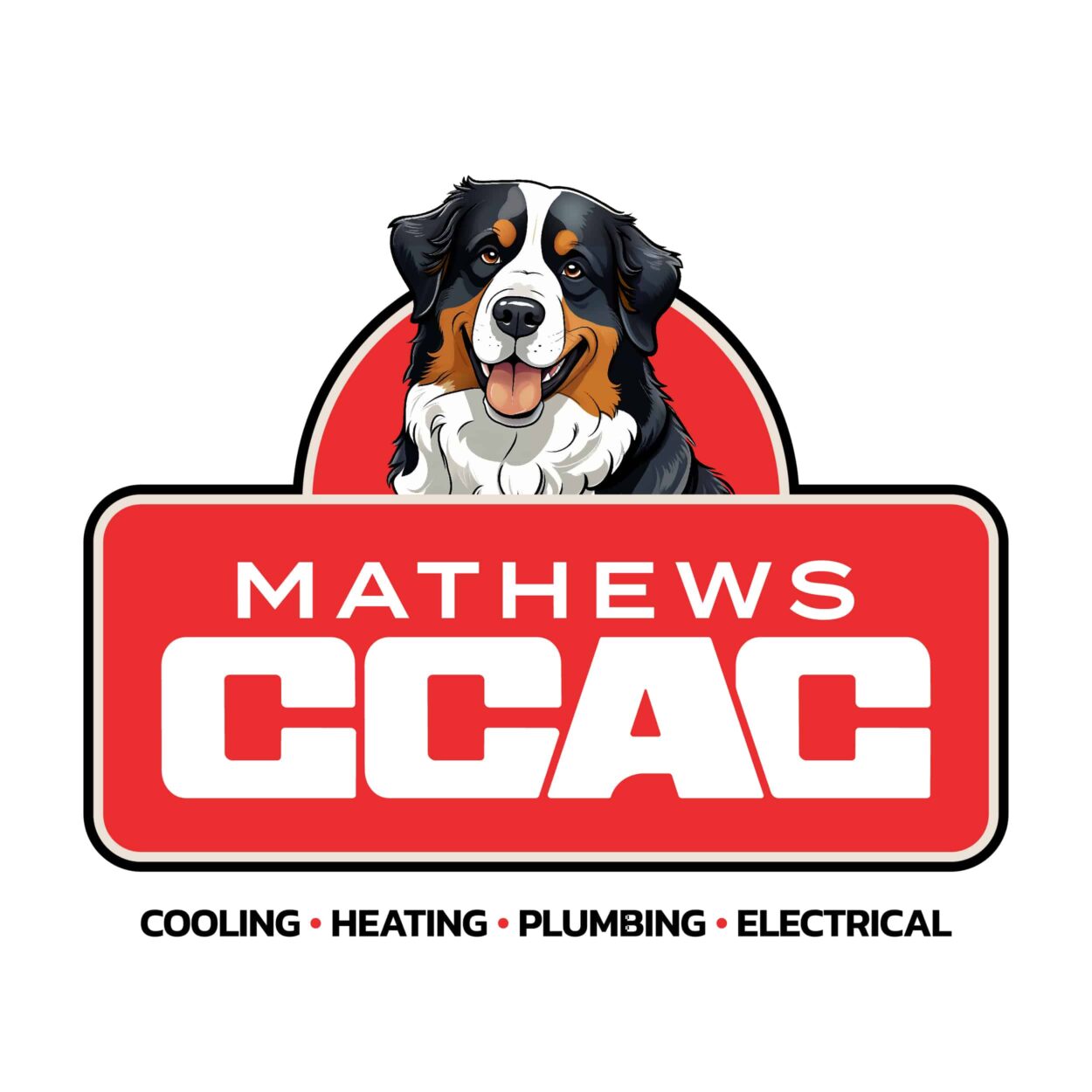 Heat pumps are the most energy efficient way heat and cool homes since they move heat instead of using fuel to create it. The most common heat pump used in the Coastal Bend region is an air-source heat pump (ASHP) and the ground source heat pump (GSHP) is much less common.
Heat pumps are the most energy efficient way heat and cool homes since they move heat instead of using fuel to create it. The most common heat pump used in the Coastal Bend region is an air-source heat pump (ASHP) and the ground source heat pump (GSHP) is much less common.
Operational Differences
Ground source systems use the ground as a resource for gathering heat in the winter and depositing it in the summer. Air source systems use the air to extract the heat in the winter and lose it in the summer. Of the two, ground source heat pumps are more energy efficient because they complete the heat exchange underground, where temperatures are stable.
Mechanical Differences
A GSHP consists of a loop field that’s buried deep underground. An ASHP uses an above-ground condenser that normally sits on the ground. It houses the compressor, a condensing coil and a large fan. Besides using yard space, it’s often noisy. A GSHP makes no noise outdoors and little indoors when the unit is running.
Durability
Because the GSHP doesn’t have any components exposed to the sun and weather, the loop field can last up to 50 years and more. The indoor air handler has a typical lifespan of 25 years. An ASHP, however, lasts from 10 to 16 years.
Costs
The only downside to a GSHP is its cost, most of which is associated with digging the loop field. There is a tax credit available in the amount of 26 percent for homeowners who install a GSHP through December 30, 2020. The credit includes the cost of the heat pump, the installation and includes labor.
Suitability
An ASHP may be the best option in condos and townhomes that have little access to land, while a GSHP will be the more energy efficient choice in a single-family home with a yard. The loop field can be installed horizontally in a larger yard and vertically on a small lot.
If you’d like to learn more about heat pumps and explore your best choice, contact CCAC, providing HVAC services for Coastal Bend homeowners.
Our goal is to help educate our customers in Corpus Christi, Texas about energy and home comfort issues (specific to HVAC systems). For more information about your HVAC system, download our free Home Comfort Guide or call us at 361-678-2495.












